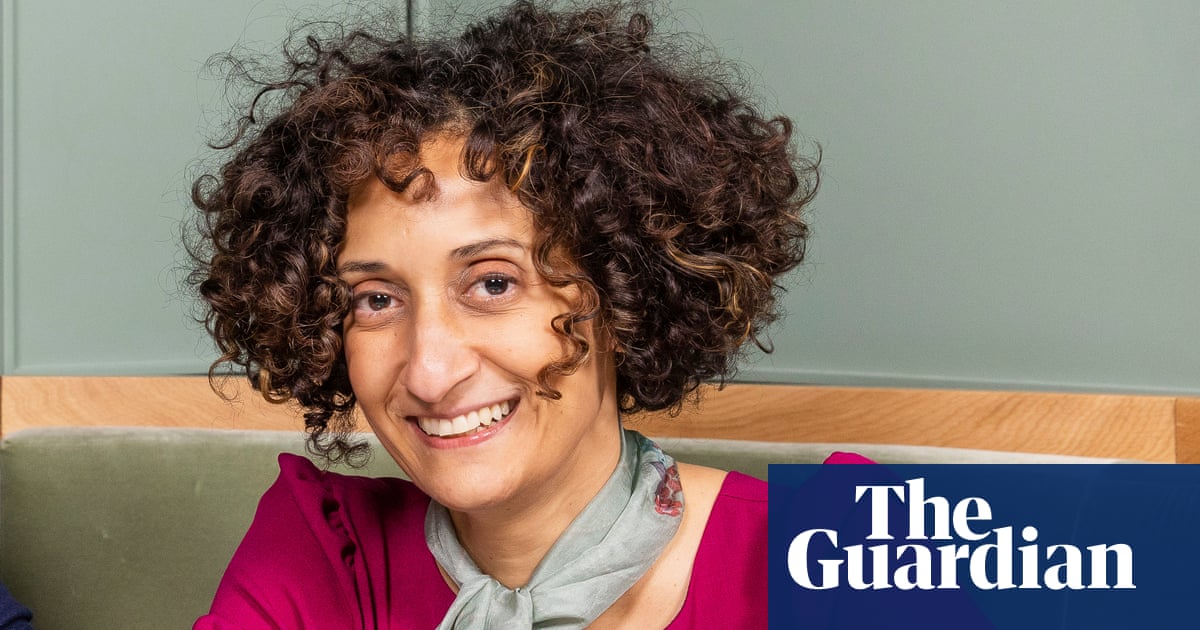
A coalition of private and state schools is expected to launch a campaign to end GCSEs, as growing numbers of schools look at alternatives to the exams following the summer algorithm debacle.
Eton, Bedales, St Paul’s girls’ school, Latymer upper school and several substantial academy chains have been joined by Margaret Thatcher’s education secretary, Kenneth Baker, who created GCSEs, to discuss proposals for replacing the exam system.
The group, Rethinking Assessments, is likely to launch a formal campaign in the next few weeks, forcing ministers into a battle for control of school qualifications.
“If a few of the big multi-academy trusts say: ‘Actually, we don’t think GCSEs work for our young people – we think this other qualification would,’ it would start changing the narrative. That would be a defining moment,” said Geoff Barton, general secretary of the Association of School and College Leaders, who has been meeting members of the group.
Schools are already taking matters into their own hands to ensure that pupils do not face the threat of results by algorithm for a second year. There is escalating unease among headteachers about the lack of direction from ministers about the fairest way to assess children if Covid-19 prevents them sitting their GCSEs and A-levels again next May.
Gavin Williamson, the education secretary, has insisted students will be assessed using exams in 2021 but has given no hint what teachers should do now to prepare in case the pandemic forces exams to be cancelled again.
Some schools want to create networks where teachers can moderate course work and mock exams, which could be submitted to exam boards if teacher-assessed grades are needed again.
Private schools have more flexibility and greater resources. Tower College, a small independent school in Rainhill, Merseyside, is putting contingency plans in place for a “virtual exam hall”, the school’s exams officer Jo Nugent said, where teachers can invigilate via Zoom with students completing papers by hand or via Microsoft One Note.
Others are looking at alternatives to GCSEs. AQA and Pearson both launched fast-track Extended Project Qualifications during lockdown, where students write a research-based thesis worth the equivalent of an AS-level. In 2019, about 43,000 students took EPQs, a number the exam boards expect to rise.
Peter Hyman, the co-director of Big Education Trust, said: “We’re both preparing for exams and also assuming they might not happen. That means keeping high-quality records of each student’s progress and ensuring good moderation of mocks and assessments during the year.
“There is an imperative for the government to provide support and resources for schools now and not as a panic measure later in the year. Already big inequalities are appearing between students, with some already forced home because of Covid and the lack of testing, and others who have had uninterrupted learning. In the absence of government help and clarity, we will support our teachers and work with other schools to try to deal with all eventualities.”
A few private schools have created their own mini-qualifications, following the example of Bedales, which has run a separate system for several years. Students take five GCSEs in core subjects of English, maths, science and languages and choose from assessed courses in subjects from geography and philosophy to ancient civilisations and outdoor work.
“In philosophy, religion and ethics, we spend a whole term with the students researching their blueprint for an ideal society, following Plato’s Republic and Thomas Moore’s Utopia,” said Alistair McConville, Bedales’ director of learning. Pupils are assessed by their research, essays, tests and a public presentation to teachers and parents.“Public audiences are a crucial part of assessment,” McConville said. “Having the skill to defend your position from a barrage of questioning is a vital part of life, and it forms part of the assessment.”
Cognita, an international chain with 40 schools in the UK which teach 10,000 students, embarked on a similar programme during lockdown. The Inspiring Futures programme assesses children using what David Baldwin, Cognita’s director of education, calls “micro-credentials”.
“It’s a mini-qualification that demonstrates you’ve got a particular competency, like units of a degree course,” he said. “This is an opportunity to accelerate some thinking and make some bold decisions around the curriculum.
“Our aspiration is that in 18 months’ time, the Inspiring Futures programme will be a core part of every one of our schools in Europe.”
The Department for Education said: “We expect exams to take place next year and are working with Ofqual and the exam boards on our approach. There are a range of measures proposed by Ofqual following a public consultation, including a possible short delay to the exam timetable and subject-specific changes to reduce pressure on teaching time.
“We will continue to work with school and college stakeholders, Ofqual and the exam boards to ensure that exams in 2021 are fair.”












